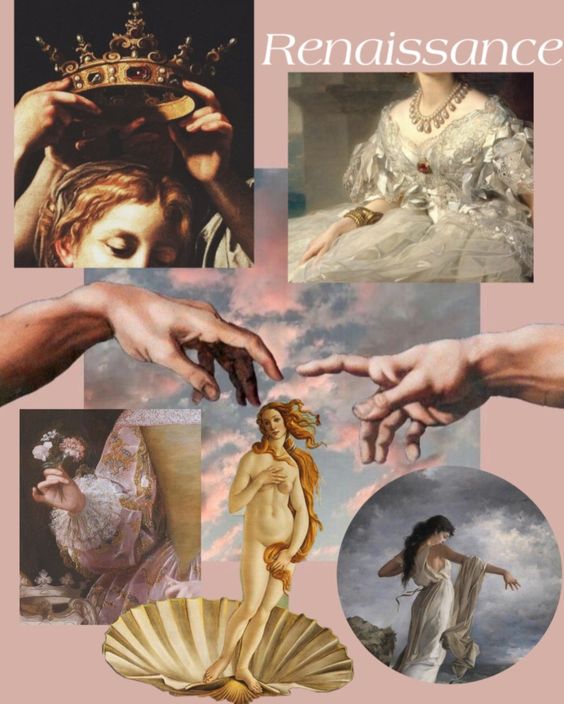
General
28 Oct 24
How Did Renaissance Humanism Shape the Modern World?
Renaissance humanism emerged in the 14th century as a cultural and intellectual movement that emphasized the study of classical antiquity and the potential of human beings. This shift had profound implications for art, literature, philosophy, and education, laying the groundwork for the modern world.
Origins of Humanism
Humanism began in Italy, during a time of significant social and political change. The rediscovery of ancient Greek and Roman texts prompted scholars to explore human nature, individualism, and secular themes, moving away from the medieval focus on religious doctrine. Key figures, such as Petrarch and Erasmus, championed the study of classical languages, literature, and philosophy, fostering a renewed interest in human potential.
Key Characteristics
-
Classical Learning: Humanists sought to revive the study of classical texts. They believed that understanding ancient philosophies, particularly those of Plato and Aristotle, could illuminate contemporary issues and foster a more well-rounded individual.
-
Focus on the Individual: Unlike the medieval view that emphasized the collective and the divine, humanism celebrated individual achievement and potential. This shift paved the way for ideas about personal rights and self-expression that are central to modern thought.
-
Secularism: While not entirely dismissing religion, humanists promoted a more secular approach to education and philosophy. They believed that reason and observation could provide insights into the world, thus challenging the church’s authority in intellectual matters.
-
Educational Reform: Humanists advocated for a curriculum that included grammar, rhetoric, history, poetry, and moral philosophy—subjects collectively known as the humanities. This educational reform influenced universities and learning institutions across Europe.
Impact on Art and Literature
Renaissance humanism had a significant impact on art and literature. Artists like Leonardo da Vinci and Michelangelo drew inspiration from classical themes, portraying human figures with unprecedented realism and emotional depth. Writers such as Dante, Petrarch, and Shakespeare explored human experiences, emotions, and relationships, often incorporating classical references into their works.
Legacy of Humanism
The legacy of Renaissance humanism can be seen in various aspects of modern society:
-
Scientific Inquiry: The humanist emphasis on observation and reason contributed to the Scientific Revolution. Thinkers like Galileo and Copernicus built on humanist principles to challenge existing beliefs and advance scientific knowledge.
-
Political Thought: The focus on individual rights and civic responsibility laid the groundwork for modern democratic ideas. Philosophers such as Machiavelli explored political ethics and power dynamics, influencing later political theory.
-
Education Systems: The humanist model of education remains influential, emphasizing critical thinking, literature, and the arts as essential components of a well-rounded education.
-
Cultural Identity: Humanism fostered a sense of cultural identity and heritage, encouraging people to connect with their past while shaping their future.
Conclusion
Renaissance humanism was a pivotal movement that reshaped Western thought and culture. By celebrating human potential and advocating for a return to classical ideals, it laid the foundation for modern human rights, scientific inquiry, and artistic expression. The principles of humanism continue to resonate today, reminding us of the enduring value of individual creativity and the pursuit of knowledge.